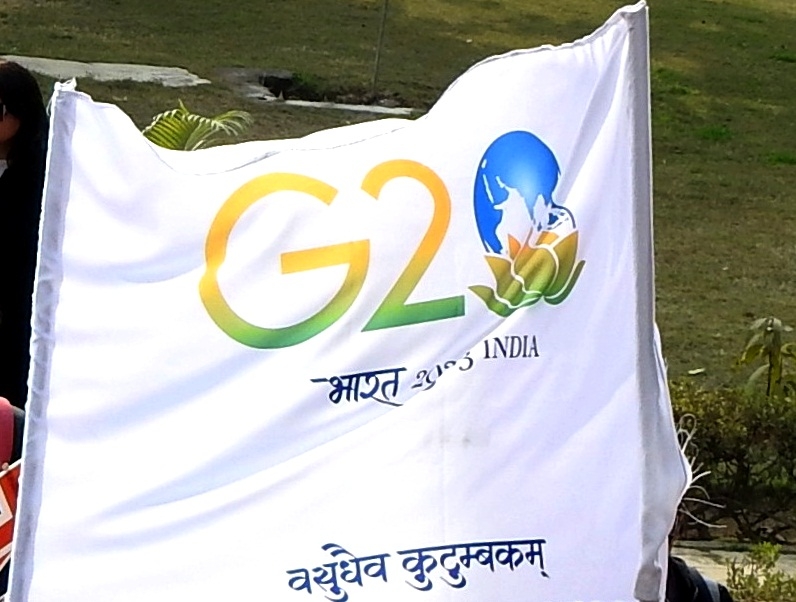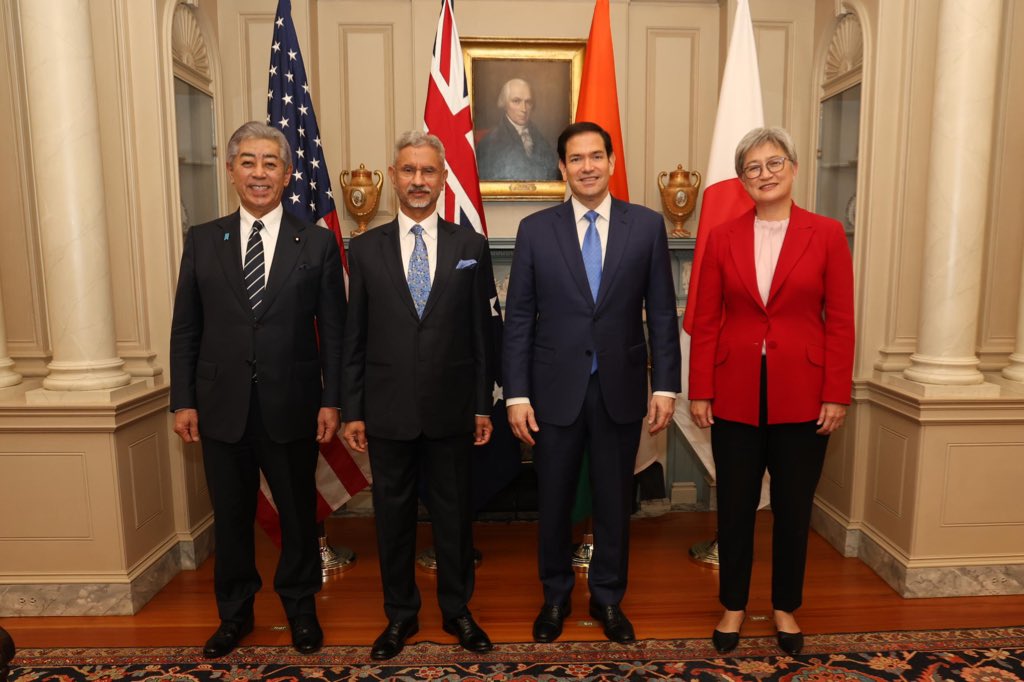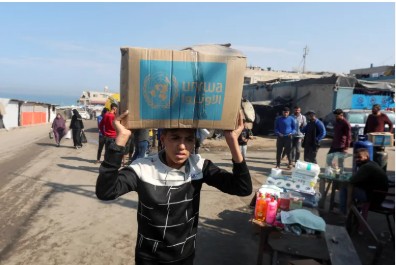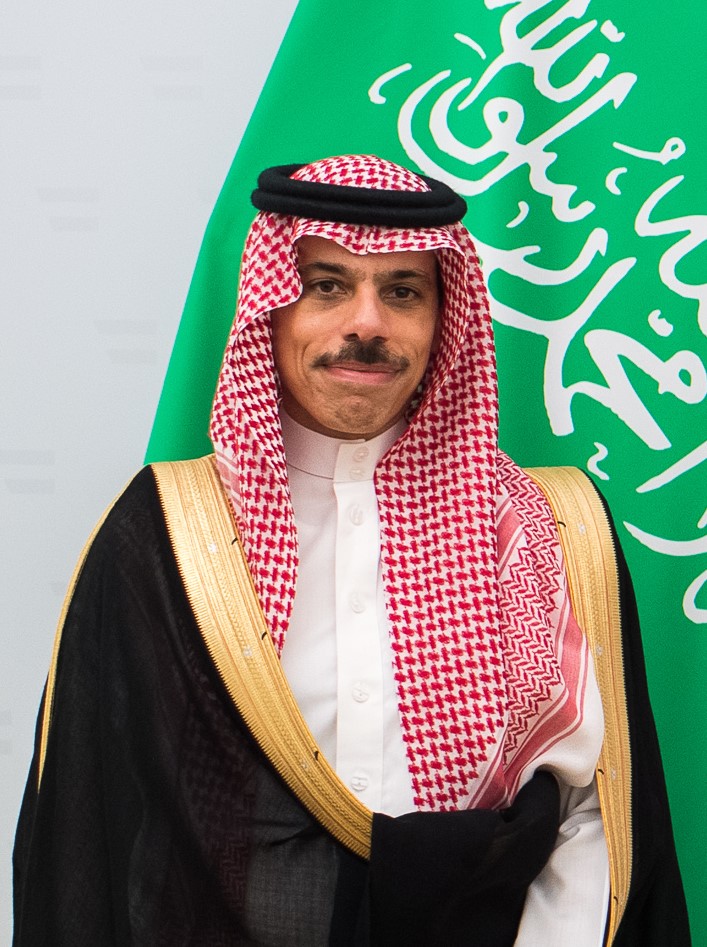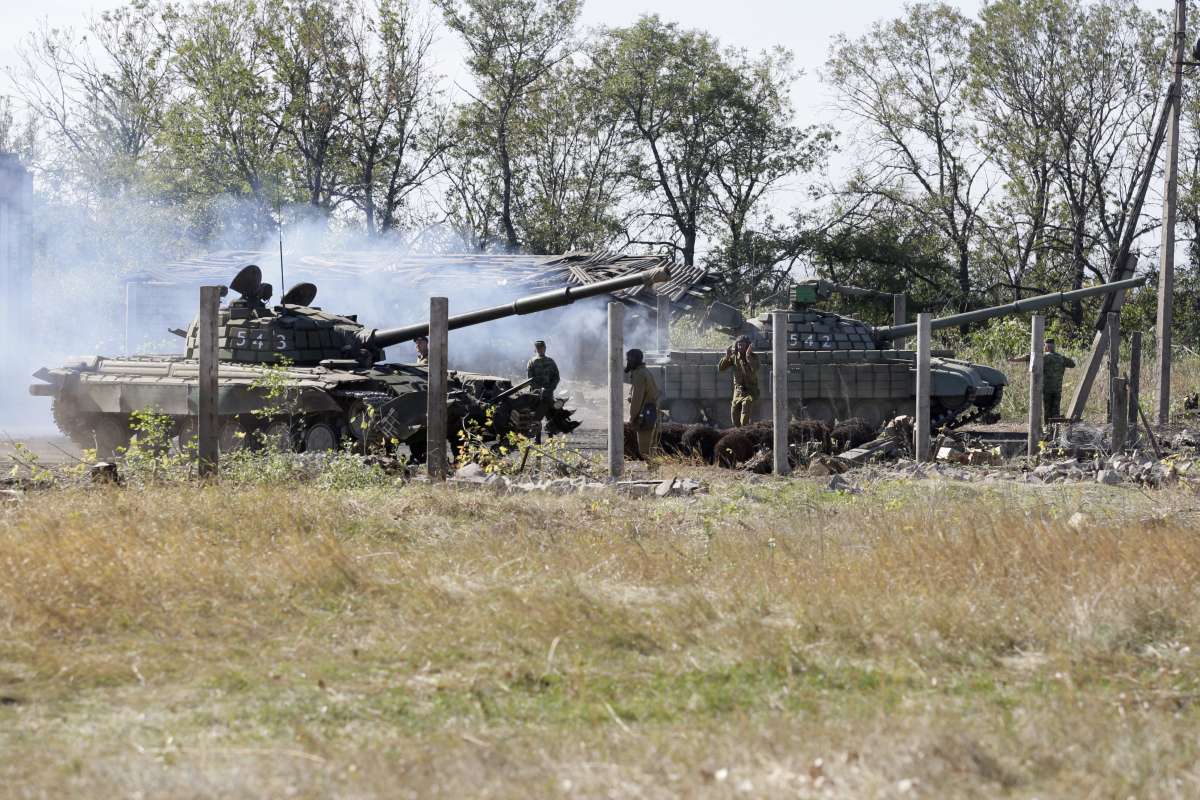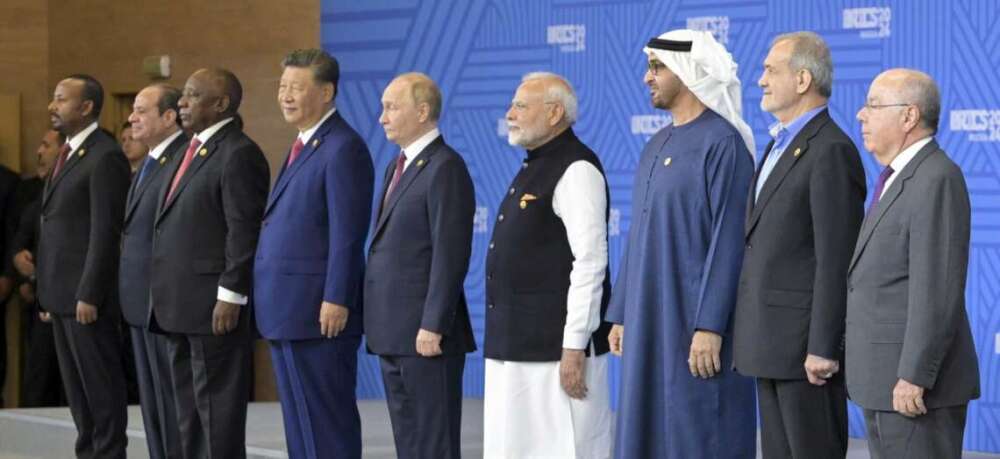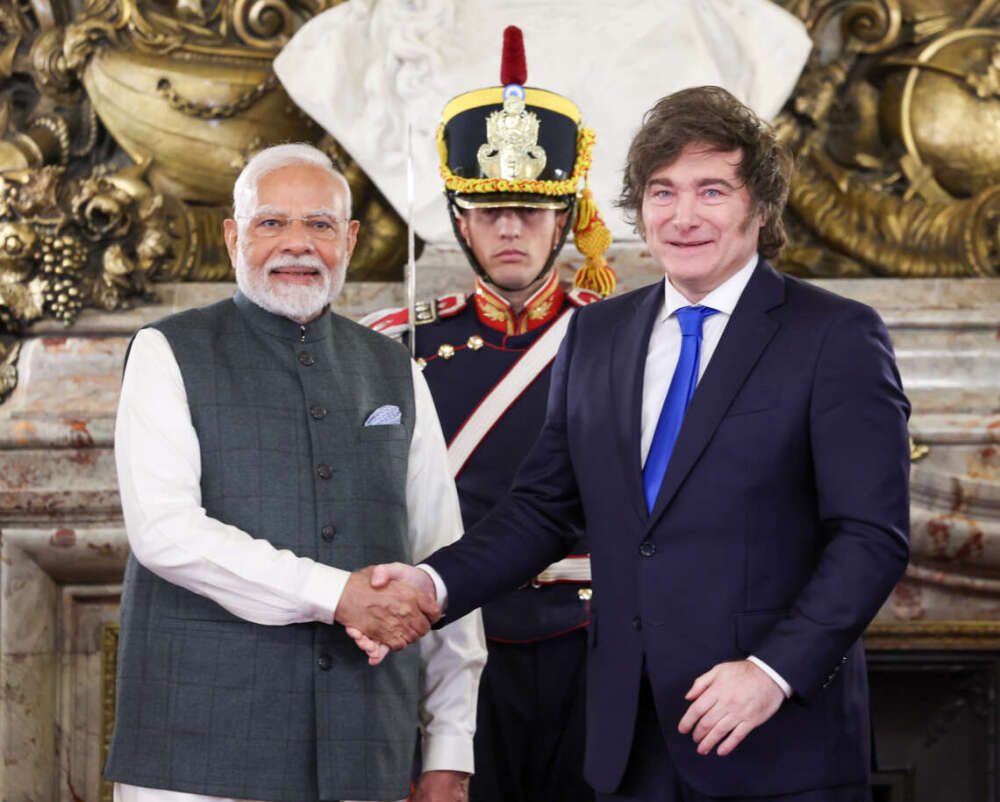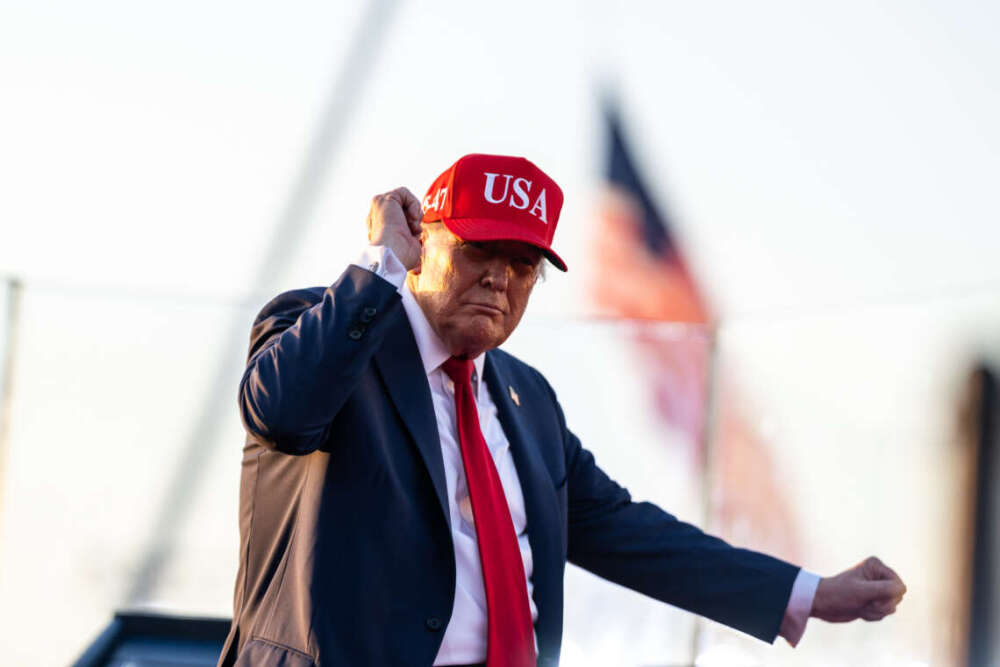India is the world’s fifth-largest economy (and third-largest by GP purchasing parity), and unlike China, it is forecast to continue to expand into the near future…reports Asian Lite News
If Washington is keen on a secure future at home and in Asia, it must treat India’s G20 presidency as a wake-up call, writes Georgia Leatherdale-Gilholy in The National Interest.
India is the world’s largest democracy, and although its strain of nationalism may be at odds with many Western sensibilities, the foundations for a mutually beneficial relationship are far more plentiful than with China, the state the West has tiptoed into trade reliance on for decades. The G20 includes several Asian countries, and India’s presidency will of course provide a platform for regional cooperation and collaboration with US-aligned states such as Japan and South Korea, said Gilholy.
But while there is constant establishment fanfare over established alliances in East Asia, the reality is that the opportunity of such states pales in comparison to what India can offer going forward. It is time the United States looked toward better building new bridges than simply preserving old ones.
With its recently hiked annual military budget of approximately USD 72.6 billion dollars and battle-hardened armed forces, India is the only serious contender to China in South and Southeast Asia, reported The National Interest.
Border standoffs in Doklam (2017) and Galwan (2020) are just two recent cases in which China has sought to push its luck as regards India’s sovereignty, but has been forced to back down.
As former Trump administration defense official Elbridge Colby notes, India is the “rock of the anti-hegemonic coalition in S Asia,” and consequently the United States should be doing what it can strengthen it.
Moreover, India is also keen to launch a Sustainable Development Goals stimulus package to provide low and middle-income governments with a fresh injection of investment support alongside offering debt relief and restructuring.
New Delhi’s plans to use its G20 presidency to promote renewable energy and action on climate is also promising, said Gilholy.
Insiders have suggested that India will attempt to forge an expert group to tackle World Bank reforms in order to provide climate aid to developing economies. While the details of such plans are unconfirmed, they may be a promising step toward countering the exploitative debt diplomacy of China’s sprawling Belt and Road Initiative.
India has already gone some way toward positioning itself as a voice for the Global South, while China continues to block solutions to the debt crisis crippling the developing world, reported The National Interest.
Moreover, its ascendancy to the G20 presidency at the start of 2023 has come at a crucial time for the country and the world as it continues to reel from the financial impact of the coronavirus response, itself a knock-on effect of Beijing’s malfeasance.
India is the world’s fifth-largest economy (and third-largest by GP purchasing parity), and unlike China, it is forecast to continue to expand into the near future.
India is fast overtaking China in terms of population and will likely become the world’s third-largest economy and the “pharmacy of the world” before the end of the decade, said Gilholy.


